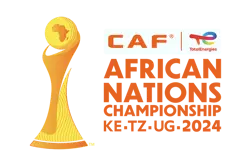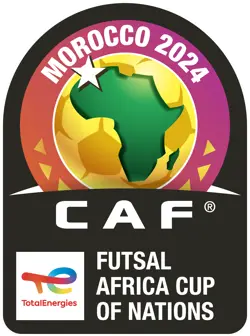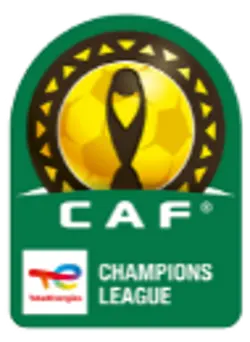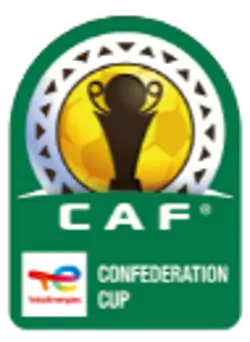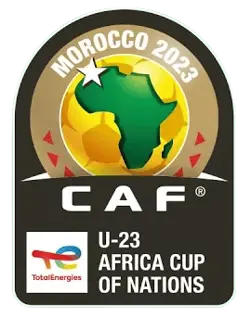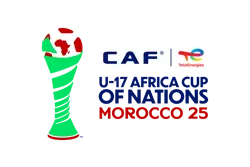The African heroes between the Sticks
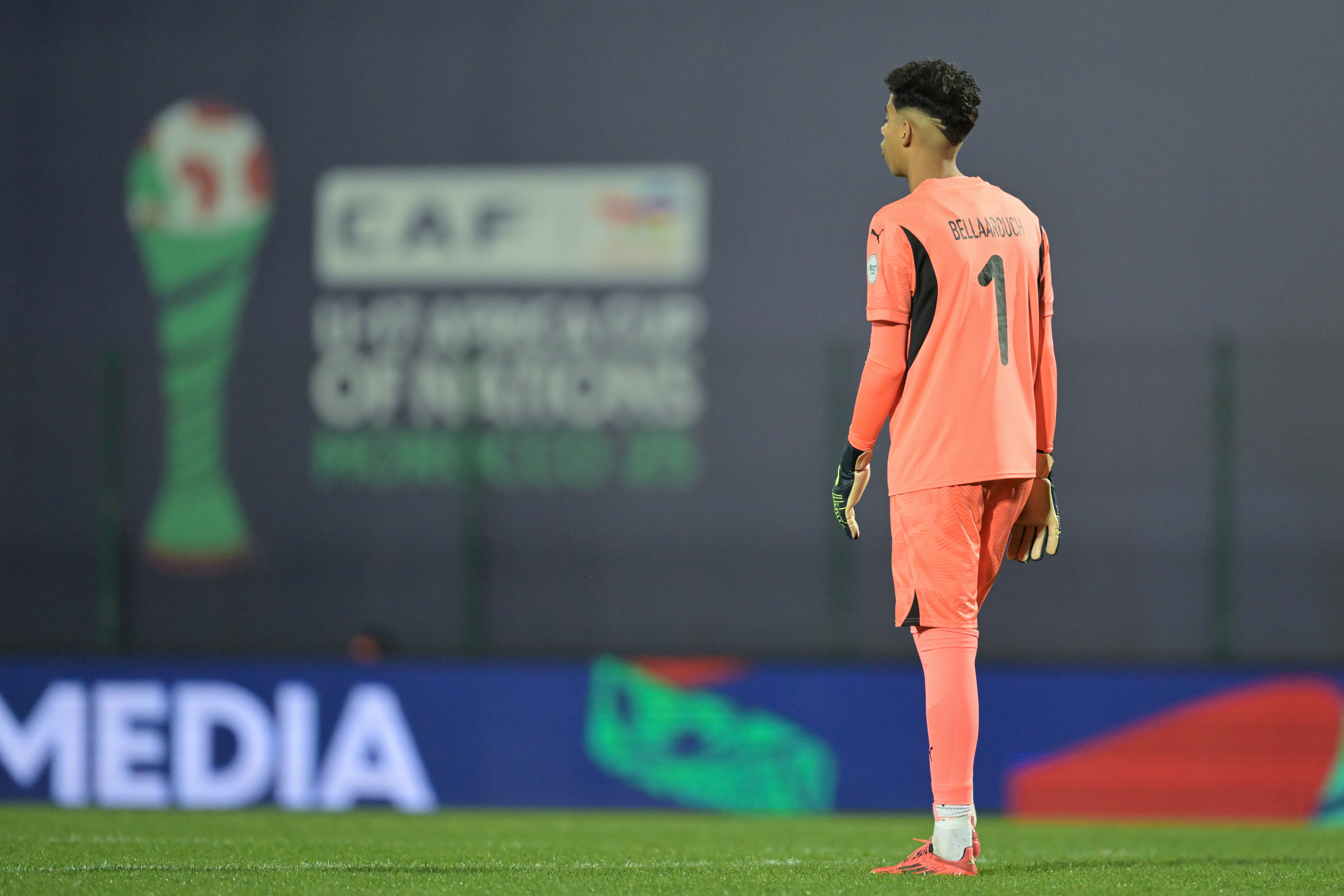
Goalkeepers have become a hot topic of discussion among coaches at the ongoing TotalEnergies CAF U-17 AFCON. They are being studied, analysed, and meticulously prepared. Every detail matters: footwork, explosiveness, communication.
A position once marginalised in African academies is now becoming central to team strategy. Coaches no longer want simple “shot-stoppers” they demand leaders, players who can control the tempo, anticipate play, and make key decisions.
“We’ve brought four goalkeepers,” says Mali coach Adama Diefla, refreshingly candid. “Each one has a specific role, and we train them accordingly.” One of them, Oumar Cheikh, was prepared for weeks for a very specific moment and it came during the quarter-final against Tunisia (0-0, 10–9 on penalties).
Diefla made a tactical move, subbing off his starting keeper Iannis Sacko just before the penalty shootout. The introduction of “the little one”, as Diefla fondly calls him, proved decisive. “He’s the best in this exercise,” said the coach calmly. A masterstroke. Mali advanced.
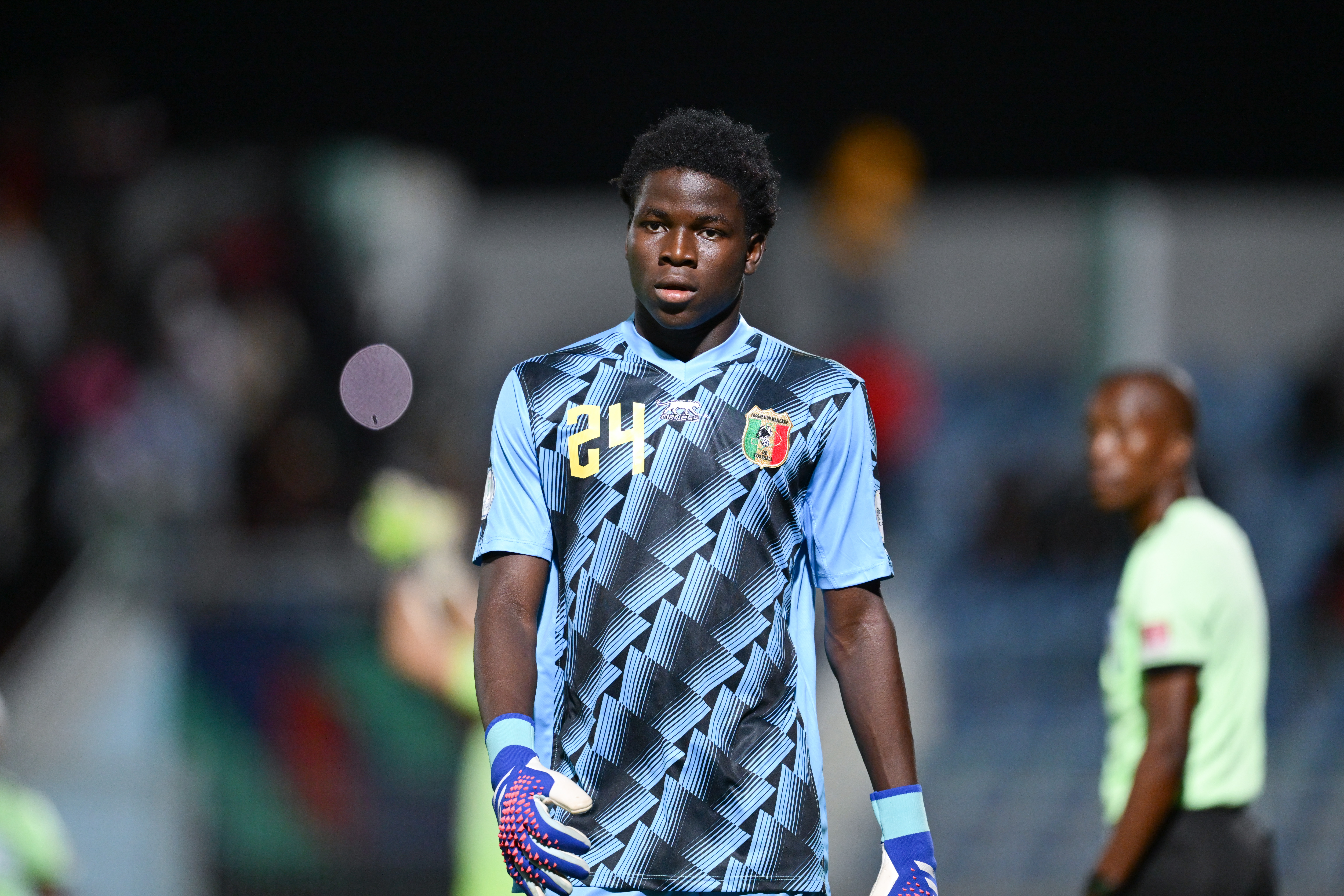
A Rethought Hierarchy
This meticulous and collective approach to managing goalkeepers is also seen elsewhere. Burkina Faso, for instance, opted to rotate their goalkeepers a decision proudly backed by Prince Ouédraogo, who was named Man of the Match in the 2-0 win over South Africa. “We’re a family within a family. Everyone gets a chance,” he said. Behind this seemingly simple statement lies a powerful philosophy: one of merit, where performance in training can shake up the pecking order.
Head coach Oscar Barro emphasises individual development: “The goalkeeper position requires constant work. At the beginning of our camps, we struggled. But our keeper has progressed across the board reading the game, coming off his line, playing with his feet. Now, he’s shining.” And more than in any other area of the pitch, rapid improvement is vital between the posts, where the smallest hesitation could cost a World Cup spot.
Rising Stars Already Making Waves
This U-17 tournament is more than just a youth competition it’s a showcase and a springboard. And in this spotlight, goalkeepers are thriving. Chief among them is Morocco’s Chouaib Belaarouch, who conceded just one goal in the first four matches. Known for his calm and composed style, he was named best goalkeeper of the group stage. Not flashy, but impressively reliable. In Mohammédia, he’s already seen as a future first-choice keeper.
Even when results haven’t gone in their favour, goalkeepers have stood out. Tunisia’s Slim Bouaskar, for example, was named Man of the Match in the 0-0 draw against Senegal in the group stage.
An African Goalkeeping School on the Rise
This transformation is visible in every word, every decision, every look. Where goalkeepers were once seen as last-resort solutions, they are now becoming engines of performance. Emerging leaders, shaped in academies, sharpened by specialist coaches, and showcased on the continental stage with clear ambitions.
While older models like André Onana, Ronwen Williams, and Yassine Bounou continue to inspire, the next generation is forging its own path. They don’t copy they innovate. They dare. They lead. In short, they keep.
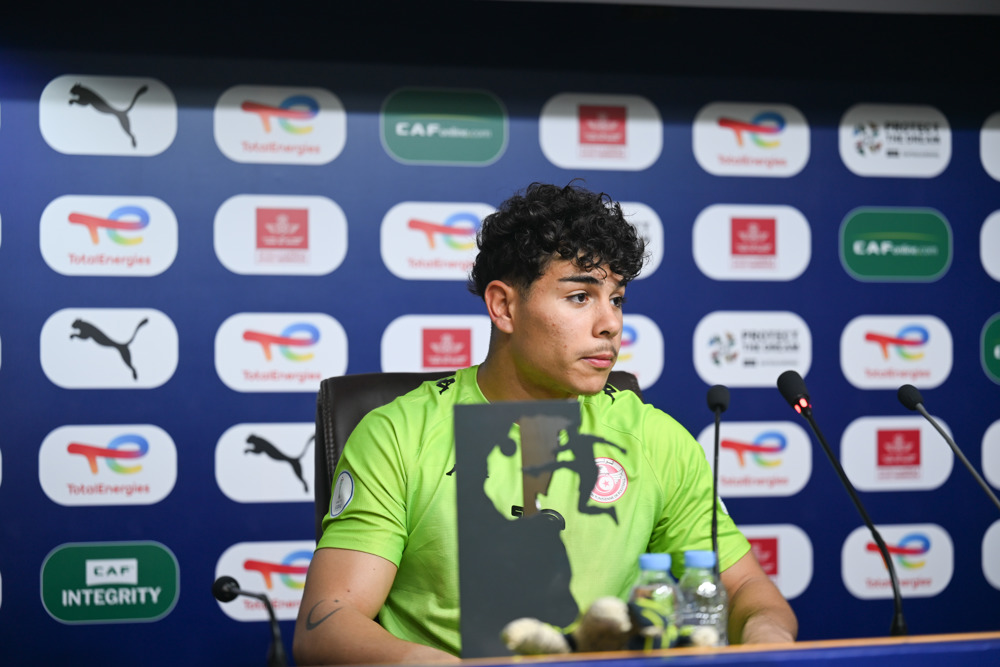
The Future Is Theirs
Behind the spectacular saves and decisive dives, an entire African school of goalkeeping is coming to life. Long overshadowed by attacking and defensive positions, this role is finally receiving the recognition it deserves. Game plans are now built around goalkeepers. Video sessions are dedicated to their positioning and decision-making. Match roles are tailored based on specific scenarios.
Coaches no longer just list their goalkeepers they manage them. They position them, prepare them mentally, and adjust their responsibilities throughout the match. At this level of intensity, the margin for error is razor thin. And the best, even at just 16 or 17 years old, are those who take responsibility before it is handed to them.
Yes, Africa has found its new guardians not just to protect the goalposts, but to command the lines. At this AFCON U-17, the greatest lessons haven’t always come from the scorers. Sometimes, it’s in the silence of a save, the tension of a charge, or the calmness in a look, that the most promising futures in football have been written.

